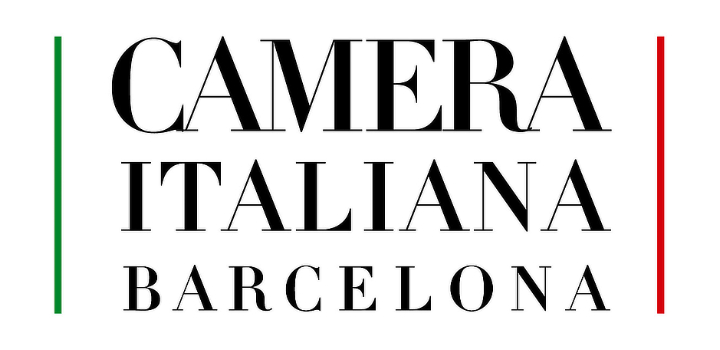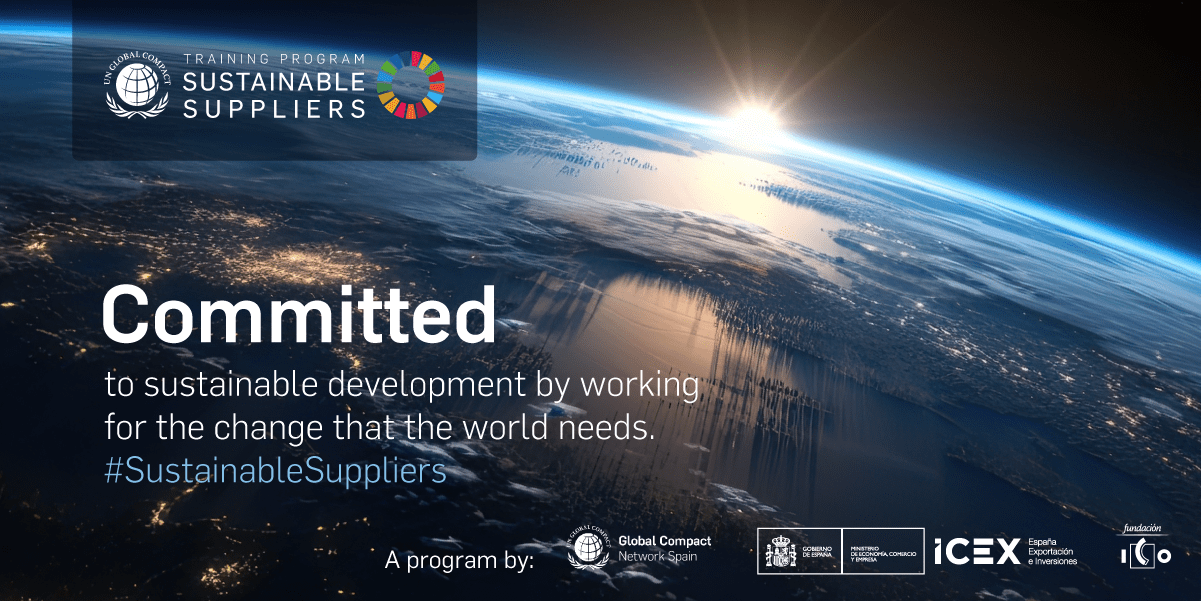Multinational companies manufacture and distribute products worldwide and must adhere to very systematic process to have flexibility when launching products on the market. One of the most important aspects lies in the contents of each product, which must be properly translated into each country’s languages with the highest quality and following the law of each state. BBLTranslation has been able to interview Meritxell Romeu, Technical Manager of Orkla Cederroth, the company in Spain that forms part of the Norwegian conglomerate that operates in more than 40 countries and focuses on the production of consumer goods. With her, we were able to find out about the workings of a large-scale company when it comes to translating the contents of the products that arrive in each country.
—How does a multinational company work when it comes to the translation of the contents of products that it sells?
—If they are products that are only distributed in Spain, the confirmation of the text and symbols is carried out directly by the Technical Department, along with the confirmation of the other departments involved with issues related to the design or size of the products. If the product needs to be distributed in languages other than Spanish, as with most products, there are two main ways to carry out the translation: one is through a translation agency, and the other through distributors or managers in each country. It is the marketing department that is responsible for making sure that the completed translations are an accurate transposition of the original text translated into English. Each design has the reference number of the raw material (for example, a box) and reference number of the finished product with a design review number. In the case of having to change the text in a certain language or add a new language, a change is made to the review number. In this way, we avoid the risk of printing a design that has already become obsolete.
—Which languages do you currently translate into?
—English, Portuguese, Italian, French, German, Dutch, Serbian, Norwegian, Swedish, Danish, Finnish, Polish, Hungarian, Slovakian and Turkish.
—What is the usual procedure for the translation of contents that is external to the product (labels on packaging)?
—If it is a product that we make from Spain, the translation is carried out into the desired language using the reviewed and approved text in Spanish. This is done by a specialised translation agency, with which work is usually carried out after previously agreeing a quote. Another option is to carry out an initial translation from Spanish to English, and based on this, the distributor in each country can carry out the translation, with the English text always referring to a declaration of conformity. The distributor must sign to agree that it is an accurate translation of the text that has been approved by us. When we need to translate into different languages, it is the marketing department that ensures that the translations that have been carried out are an accurate transposition of the original text translated into English.
—Are there any other important aspects of the translation process that are important to mention?
—Yes. We have a review procedure for designs: there are four departments involved in the confirmation of designs (the technical department, the factory director, the purchasing manager and the marketing manager). Usually, the first draft is created by the marketing department, which sends it to the technical department, which then begins the validation process that includes a complete review of the designs and signatures. This first confirmed design, including or not comments, is sent from the technical department to each person responsible for the validation of the designs for their approval, or in order to add comments as they deem relevant. If there are no comments and all the managers consider that the product is suitable, the design is signed and it is validated and approved to be printed. When all the physical samples are received, whether these be boxes, leaflets or displays, the quality control department confirms that the samples received are in accordance with the AW signed by all the departments involved.
—In the case of products with instructions or leaflets inside, what is the process?
We follow the same procedure as the previous section; there is no difference.
—What are the main difficulties of working with different languages with your products and brands?
—The main difficulty when it comes to working with designs where there are different languages is that it has to be checked that the texts that have been approved in the different languages by the relevant managers have been placed in the corresponding designs and that they are correct, i.e. that there are no errors in the transcription. Depending on the language, it can be very difficult and the degree of attention should be high, because they are languages that you don’t master and an error could have a different meaning. We have solved this issue because the designs, before being approved, are reviewed by managers in the country in which they will be sold. Each manager reviews the section in the language in question. Therefore, we begin a master template for each product in which there is both the text for the box and the leaflet (if applicable). In this group, you find the different languages that can go to print by the different references of the same product.
—What are the main legal requirements that must be overcome for issues related to the translation of the contents of the products?
—Depending whether we are talking about medical products, cosmetics, biocides or individual protective equipment, they must comply with the relevant legislation. In addition, the country where the product will be sold also has an influence, because some can request a sworn statement confirming that the English text is a faithful transcription of the country’s language.
From the words of Meritxell Romeu emerges the importance of having a quality translation in this sector, because a mistake can mean a serious setback for the company, or even one of a legal nature. BBLTranslation offers the sworn translation services and technical translation to meet the quality demanded by sectors such as consumer goods products, ensuring the fidelity of the original text and the result and giving customers peace of mind throughout the process.




